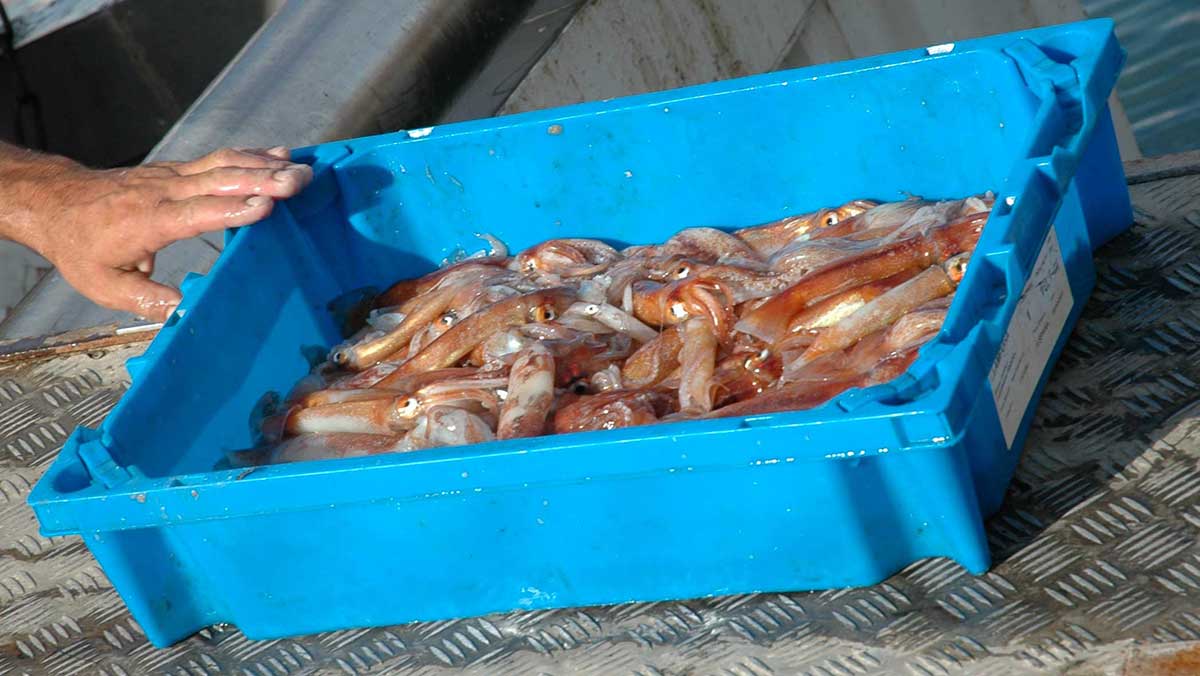Overfishing
Industrial fishing has severe impacts on species, habitats, and ecosystems. The fishery resources are in decline, and a third of them collapsed.
Fishing today is dominated by a gigantic modern fishing fleet with enough fishing capacity to cover 4 Earth-like planets. It is far greater than the ocean's capacity to renew the number of fish we consume.
Almost 80% of the world's fishery resources are already fully exploited, overexploited, depleted, or in a state of collapse. Worldwide, 90% of stocks of large predatory fish, such as sharks, tuna, marlin, and swordfish, have already disappeared. Sufficient data exist in the Mediterranean and the Black Sea to assess the healthy state of 85 stocks, and 88% of these are overfished.
Fishing down the food web
Besides causing a general decline in catches, the excessive effort that characterizes industrial fishing has led to increasingly large landings of undersized fish. Depleting the fished species is reducing the number of adult individuals and predators at the top of the food chain.
The phenomenon backfires and causes smaller and smaller fish to be caught, targeting species of fish belonging to progressively lower trophic levels.

The impact on dolphins
Ecological extinction caused by indiscriminate fishing precedes all anthropogenic disturbances to coastal ecosystems.
Food shortages may be one of the most important regulators of population size in animals.
Some of the Mediterranean fish stocks that have been overexploited include prey species of
dolphins.
Many individuals in the local bottlenose dolphin population are emaciated and show protruding rib profiles and reduced melon.

Our contribution
We are witnessing the decline of species and their disappearance at an ever-increasing rate. Environmental problems have become so widespread and emergencies so common that they are no longer perceived as a drama.
The European Union is the world's largest importer of fish, and more than 50 percent of imports come from developing countries.

Today, each person eats an average of 19.2 kilograms of fish per year, about twice as much as 50 years ago. Sushi has transformed from a traditional method of preserving fish to an international fast food market.
No doubt we would prefer our governments to deal with environmental and ethical issues rather than having to face tough choices ourselves. However, problems can only be solved when individuals begin to face them. Let us try to make our contribution, and let us decrease fish consumption.
